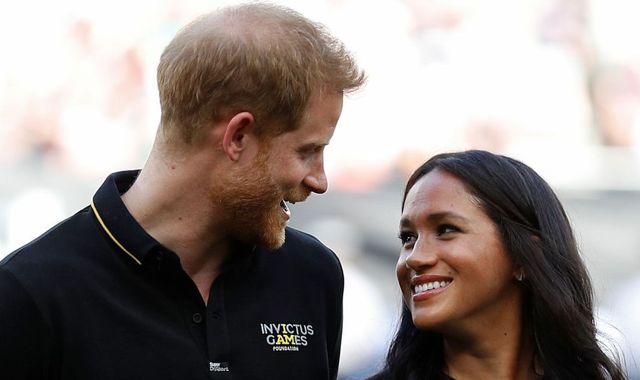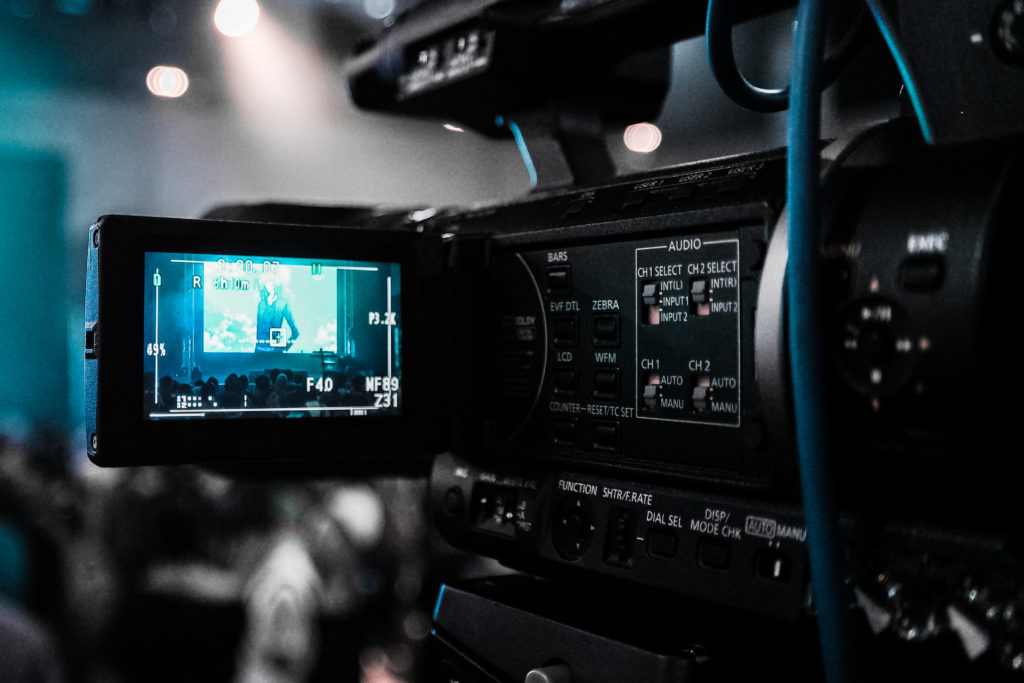Prince Harry warns about impact of ‘unconscious bias’ on racism in Vogue interview
Written by News on 30/07/2019
Prince Harry has warned about the impact of “unconscious bias” on racism and how people need to appreciate the effect it is having on future generations.


The Duke of Sussex made the comments in an interview with the world renowned conservationist Dr Jane Goodall about the environment, responsibility and climate change for Vogue magazine.
Harry suggested that too many people do not understand their own bias and how “stigma is handed down from generation to generation”.
While he talked with Dr Goodall about the damage being done to the world’s wildlife and the issue of climate change, their conversation strayed onto the topic of racism and how children inherit feelings of hate.
Harry said to Dr Goodall: “What I love about your work is that you focus on the younger generation.
“(When) you start to peel away all the layers, all the taught behaviour, the learned behaviour, the experienced behaviour, you start to peel all that away and at the end of the day, we’re all humans.”
The 85-year-old conservationist replied: “Especially if you get little kids together, there’s no difference!
“They don’t notice, “My skin’s white, mine’s black,” until somebody tells them.”
Harry then added: “But again, just as stigma is handed down from generation to generation, your perspective on the world and on life and on people is something that is taught to you.
“It’s learned from your family, learned from the older generation, or from advertising, from your environment.
“And, therefore, you have to be able to have a wider perspective. Going back to my questions, how has what you’ve learned from chimpanzees impacted how you feel about people?”
Dr Jane said: “That we have lots of instincts.
“From studying the chimps and seeing all the similarities it was obvious to me that we have inherited aggressive tendencies.
“When you look around the world, they’re everywhere. They’re not learned. They’re just… there.
“You get angry. But with our brain we mostly control them.”
Harry then added: “It’s the same as an unconscious bias – something which so many people don’t understand, why they feel the way that they do.
“Despite the fact that if you go up to someone and say ‘what you’ve just said, or the way that you’ve behaved, is racist’ – they’ll turn around and say, ‘I’m not a racist’.”
“I’m not saying that you’re a racist, I’m just saying that your unconscious bias is proving that, because of the way that you’ve been brought up, the environment you’ve been brought up in, suggests that you have this point of view – unconscious point of view – where naturally you will look at someone in a different way.”
“And that is the point at which people start to have to understand.”
Dr Goodall then replied: “Kids are taught to hate. They are actually taught to hate.”
The interview will be published in the September issue of British Vogue, which has been guest-edited by the Duchess of Sussex.
When Prince Harry first started dating Meghan in 2017 he criticised “the racial undertones of comment pieces; and the outright sexism and racism of social media trolls” referring to how their relationship had been reported on.
Before Meghan married into the royal family she wrote for other magazines about being proud of her mixed race heritage.
Dr Goodall became famous for her work with chimpanzees in Tanzania, and her global campaign to draw attention to conservation issues and animal welfare.
Harry and Meghan are known to have been admirers of her work.
During the conversation Harry also hinted that he would like a bigger family, but when it comes to having children it will be “two maximum”.
Dr Goodall asked Prince Harry if having a baby had changed how he sees life.
Harry said: “It does make it different. I think, weirdly, because of the people that I’ve met and the places that I’ve been fortunate enough to go to, I’ve always had a connection and a love for nature.
“I view it differently now, without question. But I’ve always wanted to try and ensure that, even before having a child and hoping to have children…”
When Dr Goodall laughed and said “not too many!”, Harry replied: “Two, maximum! But I’ve always thought: this place is borrowed.
“And, surely, being as intelligent as we all are, or as evolved as we all are supposed to be, we should be able to leave something better behind for the next generation.”
The conservationist said in agreement: “But, in fact, we’ve stolen their future. Not all of it. But we’ve got to try and pay a little of it back. And get together to try and heal some of the harm, and at least slow down climate change.”
In the interview Dr Goodall talked about the apathy that was holding back efforts to combat environmental damage.
She said: “(There’s) more support, more awareness. But at the same time, a lot of apathy.
“The big message I take around is: every single person makes some impact on the planet every day. And you get to choose what you buy, where it comes from. But the thing you have to do first to make this work is to alleviate poverty.
“Because if you’re really poor, you’re going to cut down the last tree because you’ve got to live. You’re going to take money to kill an elephant because you have to survive.”
The interview was carried out at Frogmore House in Windsor in June.
Harry and Dr Goodall met again in Windsor last week, sharing a “chimpanzee greeting” and a big hug as the Duke of Sussex met young people taking part in the conservationist’s “Roots and Shoots” leadership programme.
The Duke and Duchess of Sussex’s first child, Archie Mountbatten Windsor, was born in May.
The couple are due to go on tour to Southern Africa this autumn, where conservation is likely to be one of the key issues they hope to focus on during their first official tour as a family of three.
(c) Sky News 2019: Prince Harry warns about impact of ‘unconscious bias’ on racism in Vogue interview







